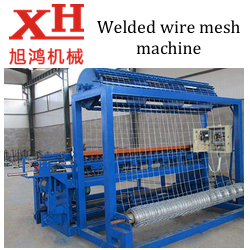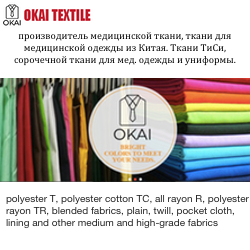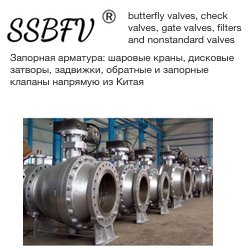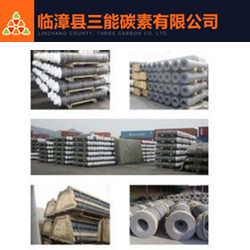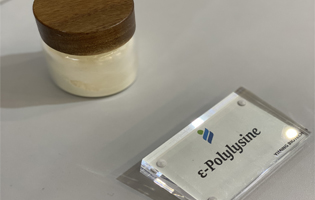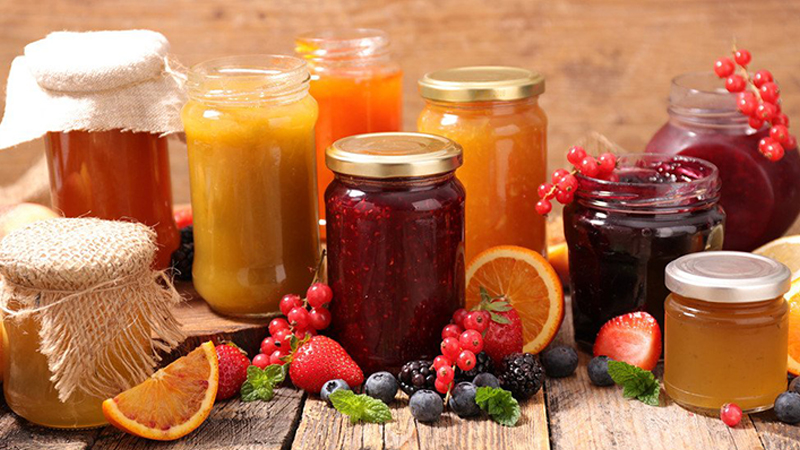ε-Polylysine


What Is Polylysine?
ε-Polylysine is a natural, safe and healthy antibacterial food preservative. It has obvious inhibition to gram-positive bacteria and gram-negative bacteria, yeasts, viruses, etc. Generally, it takes effect when the concentration reaching 50μg/ml. Therefore, it is widely used as an antistaling agent. Meanwhile, experiments show that it has few side effect as it can be decomposed into lysine in the human body.
In recent years,ε polylysine is gaining more attention from the food industry due to its unique properties. Against the background of governments' stricter control on chemical preservatives and increasing demand for healthy food, the application of polylysine preservative and other natural preservatives is expected to keep expanding.
Our ε-Polylysine is produced from the fermentation process by using streptomyces albulus under aerobic conditions. Raw materials and processing aids are all of food-grade quality.
Polylysine (1)
ε-Polylysine
Polylysine (2)
ε-Polylysine
Key Advantages of Yiming ε-Polylysine
Natural and healthy
Broad-gauge antibacterial spectrum
Good water solubility and thermal stability
Effective over a wide range of pH values
Friendly blend with other preservatives
Improve cost efficiency due to low dosage rate
Extend shelf life
Wide range of applications
Models of ε-Polylysine
PL-01 99% Purity ε-Polylysine
PL-02 ε-Polylysine + Natamase
PL-03 ε-Polylysine + Natamase + Glycine
How is ε-Polylysine Made?
Several kinds ofε-poly-L-lysine, one is pure product, the other is 50:50 or 25% w/v aqueous solution mixed with maltodextrin powder, the common form is it The hydrochloride. The following are the corresponding two manufacturing processes:
ε-poly-L-lysine: produced by Streptomyces. Muscovite is produced by aerobic fermentation, using glucose as a substrate, ion exchange resin and spray drying.
ε-poly-L-lysine hydrochloride: produced by fermentation of Streptomyces diastatochromogenes, purified by ion exchange, and spray dried.
How does ε-Polylysine Work?
The main mechanism of ε-polylysine is described as follows:
ε-Polylysine is a highly polymerized multivalent cation (positively charged), which interacts and binds with the negatively charged microbial cell membrane and forms holes in the membrane.
Destroy the cell membrane structure of microorganisms, causing leakage of intracellular substances.
ε-polylysine enters the cell through the pores in the cell membrane, affects the structure and function of the cell membrane, interferes with the normal physiological metabolism of microorganisms, disrupts the transfer of substances and energy in the cell, induces autolysis of the cell, and ultimately leads to the death of bacterial cells.
ε-Polylysine FAQs
How is ε-Polylysine applied in the food industry?
It can be used in cake, salad, cheese, processed food such as sashimi, sushi, as well as convenience food including instant rice and noodles. It can also be blended with other preservatives to improve antiseptic ability.
Is ε-Polylysine safe?
ε-Polylysine is food grade and meets FAO/WHO specifications. It is certified as GRAS (Generally Recognized As Safe) by the US FDA. Currently, ε-Polylysine has approval as a food additive in China, Korea, Japan, USA and some more countries.
What are the storage conditions of ε-Polylysine?
ε-Polylysine has a limited shelf life (normally 1 year). You need to keep it at cool temperatures or refrigerated until you use it. Once it is opened, you need to wrap it tightly and store it in the freezer.
How to use ε-Polylysine?
Prepare 5%-10% ε-Polylysine, blend it with cold water or distilled water, then mix with the rest of ingredients. ε-Polylysine can deliver better performance when it cooperates with other preservatives.
Now the price of amylase enzyme for sale is reasonable, if you are interested, please leave us a message.
Other supplier products
|
|
Natural Food Preservatives |
Jiangsu Yiming Biological Technology Co., Ltd., founded in August 1998, is a high-tech enterprise integrating R&D, manufacturing and sales. It ... |
|
|
Natural Preservatives for Beverages and Juice Drinks |
Natural Preservatives for Beveragesand Juice Drinks
Our preservatives used in beveragescan be used in fruit drinks, alcoholic beverages, sodas a... |
|
|
Natamycin |
What Is Natamycin? Natamycin, also known as pimaricin, is a polyene macrolide antibiotic produced by fermentation of certain type of the bacterium... |
|
|
Colloid |
As the leading provider of food enhancer, Jiangsu Yiming Biological Technology Co., Ltd. mainly engage in bio-engineering of natural food additivea... |
|
|
Natural Food Preservatives |
Each year, about 10%–20% of agricultural and sideline products, aquatic products, fruits and vegetables rot around the world, causing huge ec... |
All supplier products
Same products



